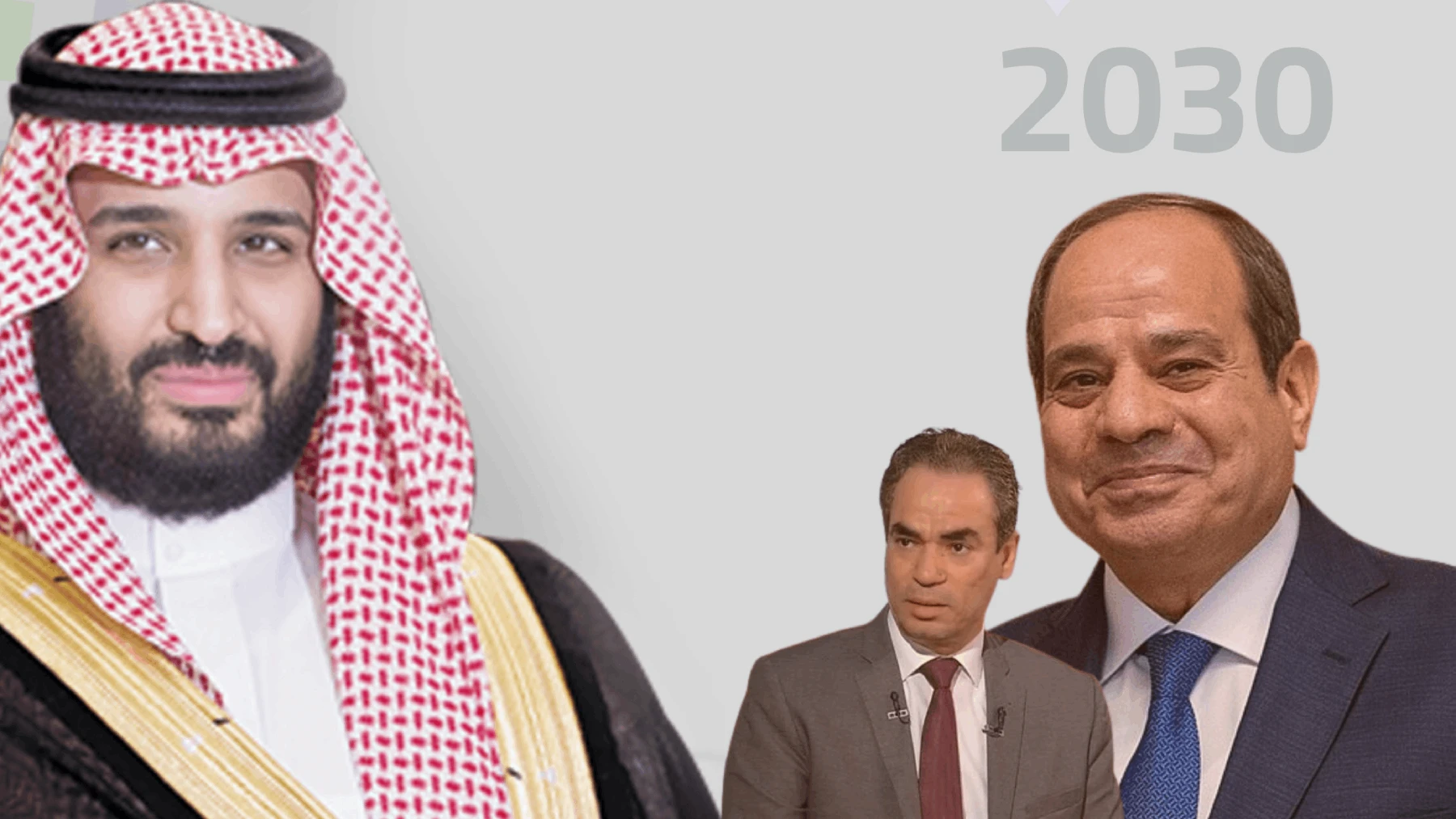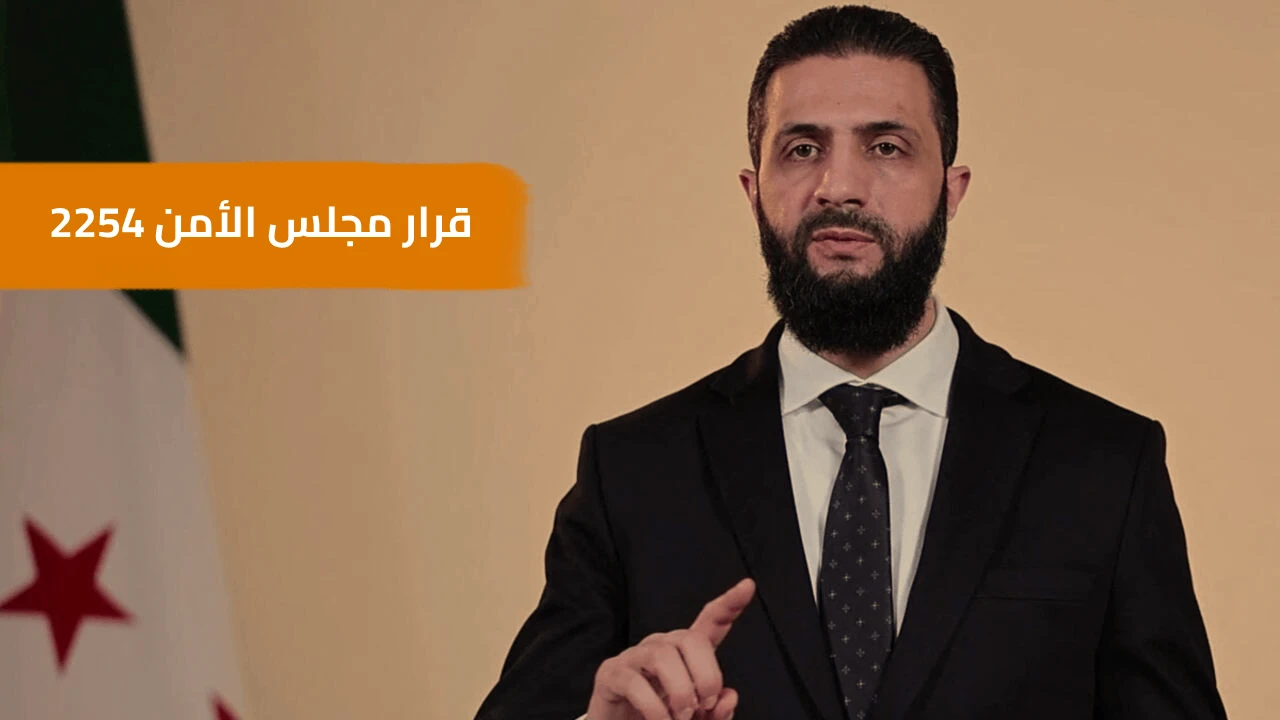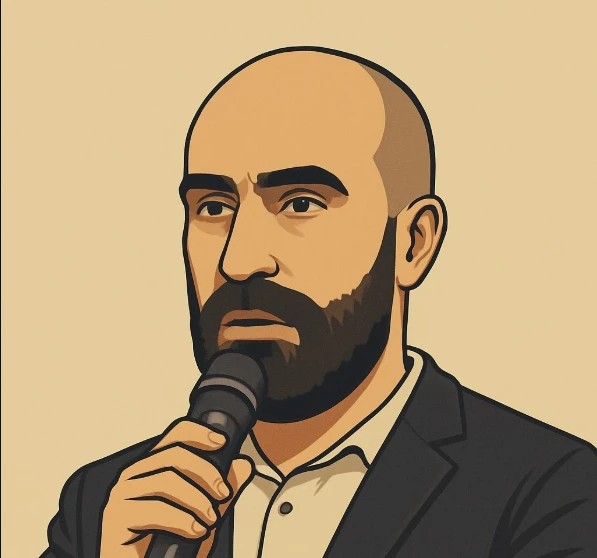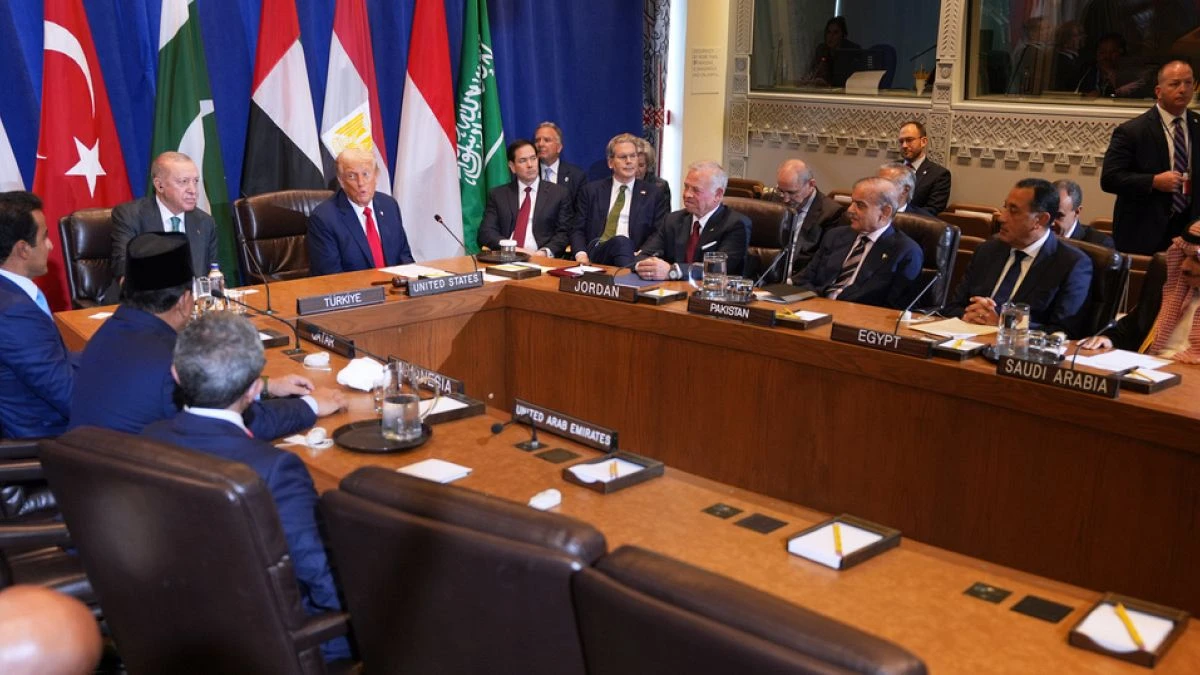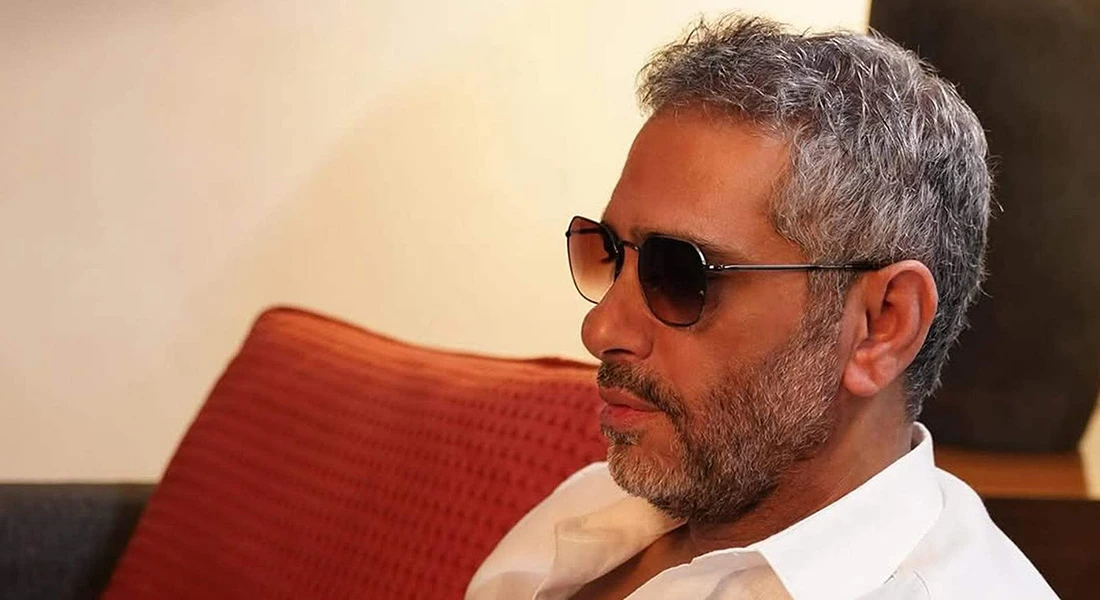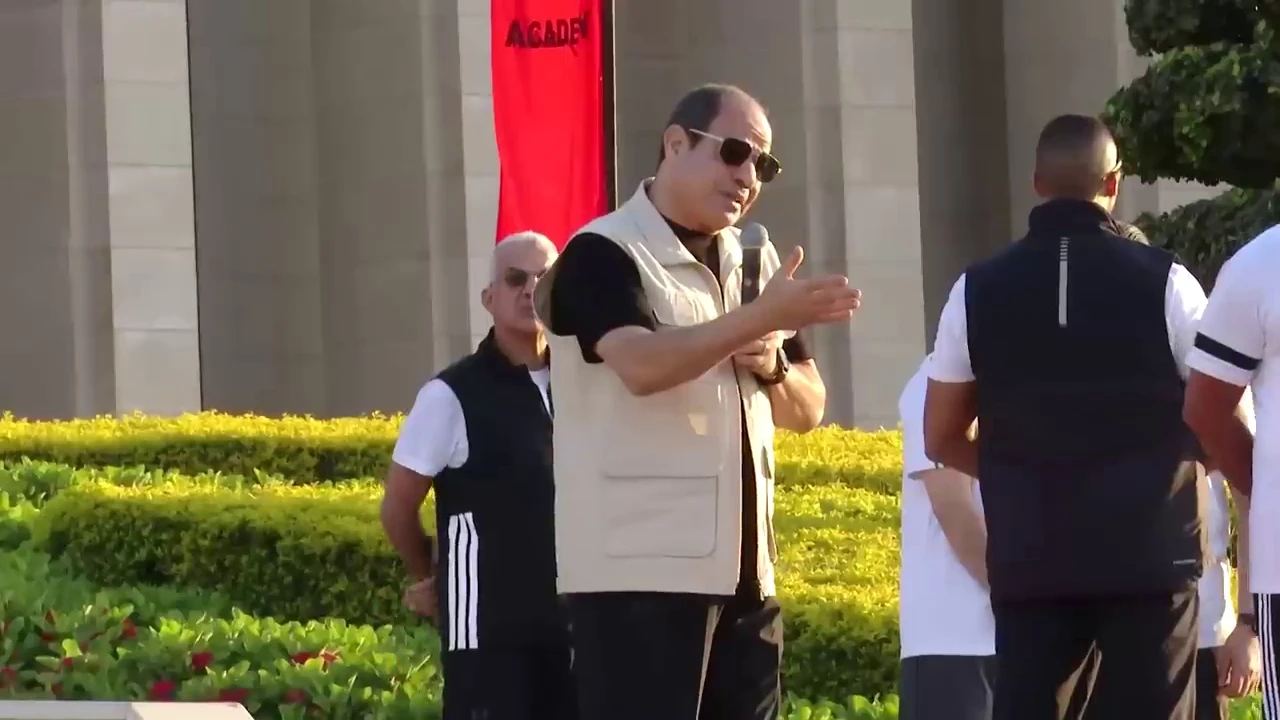Sisi to the Gulf: I understand you; Al-Muslimani translates while the opposition remains silent.
This is an AI-generated English translation. The original text is in Arabic.
During the meeting between Abdel Fattah el-Sisi and several media officials, most notably Ahmed Muslimani â the head of the National Media Authority and former media advisor to the first president after the coup, Adly Mansour â notable statements emerged discussing the "transition from hard power to restoring Egyptian soft power."
Muslimani, who still enjoys a degree of respect within some circles of the Egyptian opposition, particularly the non-Islamic ones, conveyed Sisi's call to revive tools of soft power such as media, culture, arts, and education. These calls were accompanied by a focus on "building the Egyptian character" and "absorbing the opposition in a balanced manner" without punishing those who hold differing opinions.
Political Reading: Reopening Channels⦠But Not for Everyone
Through these messages, which when placed in context indicate that Sisi is seeking â if he is sincere â to open a broader political path by reopening channels of communication and engagement with leftist, liberal, and nationalist currents, as well as some public figures in the Egyptian opposition or those rejecting certain actions of Sisi since he took power after the military coup.
Sisi aims through this path to recreate a state of calm with these currents that are not aligned with the Islamic movement, similar to the situation they were in during the June 30 coup. This rapprochement and state will certainly alleviate the intensity of international and human rights pressures on the current Egyptian regime.
Sisi is also trying through this path to reassure the Gulf once again after a long period of tensions between the Gulf and Sisi's regime, which became evident during the Palestinian crisis in Gaza since October 2023. The Gulf, as Saudi Crown Prince Mohammed bin Salman has indicated multiple times, seeks a stable and peaceful region that achieves Vision 2030. Due to this logic, Saudi Arabia and other countries have sought to support Sisi financially after the military coup, hoping he would achieve this internal balance, but he has failed in that. Today, after more than 13 years, the Egyptian street is still boiling, and the revolution remains in the minds of many. Therefore, Sisi is trying to reassure these countries that he will not be an obstacle to the Vision 2030, in the manner of former Tunisian President Ben Ali: "I understand you."
In other words, Sisi is cleverly playing on the string of "political fragmentation": containing some opposition factions while leaving others in a state of isolation.
Soft Power⦠A Security Tool Par Excellence
I have previously expressed skepticism about Sisi's intentions, even though I see that Egypt will go through this phase of calm with those currents that have their own issues with the Islamic movement. During this phase, Sisi will ensure that major media and cultural institutions remain non-independent, operating within lines meticulously drawn by security agencies.
He will also work to create a state of openness or conditional and monitored absorption of high quality to ensure the loyalty of actors in these spaces in a guaranteed manner and to ensure they do not exceed the permissible limits.
The ultimate goal for Sisi during this phase is not to relaunch the public sphere but to regulate and reshape it in a way that serves the interests of his regime and ensures its internal and external continuity.
In this sense, what Sisi calls "restoring soft power" may, in essence, be merely a re-engineering of the media and cultural scene to reduce tensions and pressures, not to liberate it.
The Opposition⦠Out of the Game?
It is striking that the Egyptian opposition abroad has, so far, shown no flexibility or genuine attempt to communicate with the Gulf or with civil political forces to formulate a consensual alternative and draw a roadmap for the future that ensures everyone's participation, even if only tactically.
Instead, opposition channels and their media continue to attack everyone indiscriminately, which further isolates them and leaves the field open for the regime's plans and strategies, as if the opposition is working to assist Sisi instead of reaching the desired state of change.
In the endØ Muslimani's statements may initially seem like a soft discourse on culture and arts, but at their core, they signal a political message: readjusting the scene so that what can be absorbed is absorbed, and what can be neutralized is neutralized, all under tight security management.
The question that arises is: If the regime is willing to open channels with its former adversaries â even partially â does the opposition have a plan to exploit this openness, or will it remain out of the game, content to comment on its developments from afar?

